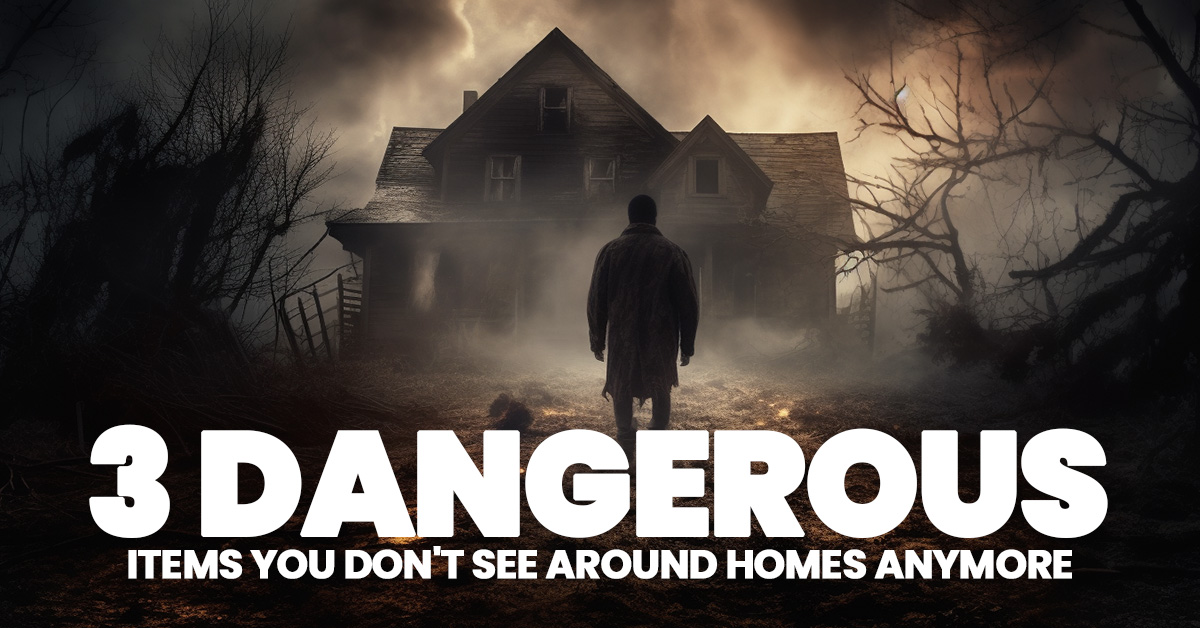3 Dangerous Items You Don’t See Around Homes Anymore

3 Dangerous Items You Don’t See Around Homes Anymore
Our homes are supposed to be a safe haven, but there are some items that can pose a danger to our safety. In recent years, many of these dangerous items have disappeared from homes, thanks to safety regulations and changing customs.
3 Dangerous Items You Don’t See Around Homes Anymore
- Lawn darts: Lawn darts were a popular game in the 1960s and 1970s, but they were banned in many countries due to their high injury rate. The darts could easily fly off course and hit people or pets, causing serious injuries.
- Diving boards: Diving boards were once a common feature in backyard pools, but they have become less popular in recent years due to the risk of head and neck injuries. In fact, homeowners insurance rates can be higher for homes with diving boards.
- Two-prong electrical plugs: Two-prong electrical plugs were the standard in homes for many years, but they are no longer considered safe. These plugs do not have a grounding wire, which can increase the risk of electrical fires.
Why These Items Are No Longer Common
The disappearance of these dangerous items is due to a number of factors, including:
- Safety regulations: Many of these items were banned or recalled due to safety concerns. For example, lawn darts were banned by the Consumer Product Safety Commission (CPSC) in 1988.
- Changing customs: People are now more aware of the dangers of these items and are less likely to have them in their homes. For example, many people now choose to have backyard pools without diving boards.
- Improved technology: There are now safer alternatives to these items available. For example, there are now three-prong electrical plugs that have a grounding wire.
How to Keep Your Home Safe
If you have any of these dangerous items in your home, it is important to get rid of them. You can also take steps to make your home safer by:
- Installing smoke detectors and carbon monoxide detectors.
- Keeping electrical cords out of reach of children and pets.
- Using safety gates around stairs and pools.
- Being aware of the risks of other dangerous items in your home, such as sharp objects and chemicals.
By taking these steps, you can help keep your home safe for you and your family.
Contact your insurance agent today to discuss your homeowners’ insurance needs. We can help you make sure you have the right coverage to protect your home and belongings.



